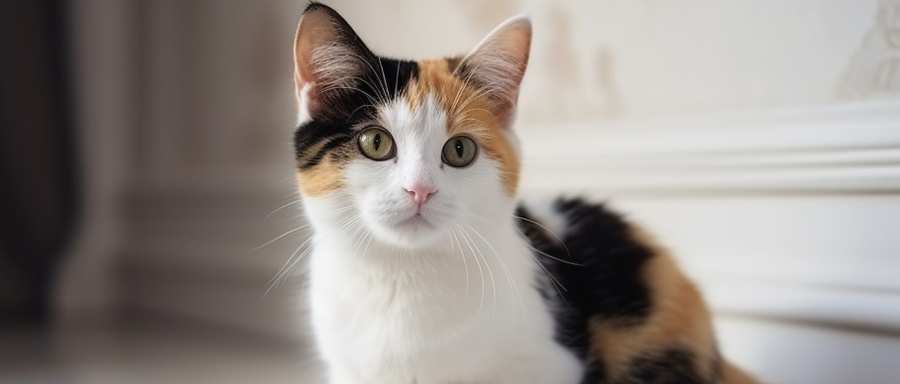Pecans are not toxic to cats, but they can cause digestive upset and other health issues if ingested.
Cats are curious creatures. They explore their surroundings, sniffing out everything from the mundane to the exotic. As a cat owner, one might wonder about the safety of various foods, especially when it comes to nuts. One such nut that often raises eyebrows is the pecan. The question on many minds is, “Are pecans poisonous to cats?” Understanding this concern requires diving deep into the nature of pecans, their effects on feline health, and how best to keep our furry friends safe.
The Nature of Pecans
Pecans are a type of tree nut native to North America. They are not only delicious but also packed with nutrients. Rich in healthy fats, vitamins, and minerals, they offer numerous health benefits for humans. However, what about our feline companions?
Cats are obligate carnivores. This means their diet primarily consists of meat. Unlike humans, cats lack certain digestive enzymes necessary for processing plant-based foods effectively. While pecans might be a tasty treat for humans, they don’t fit well into a cat’s dietary needs.
Nutritional Profile of Pecans
Pecans contain an impressive array of nutrients that benefit humans:
| Nutrient | Amount per 100g |
|---|---|
| Calories | 691 kcal |
| Protein | 9g |
| Total Fat | 72g |
| Saturated Fat | 6g |
| Carbohydrates | 14g |
| Fiber | 10g |
| Sugars | 4g |
| Vitamin E | 0.67 mg (4% DV) |
| Zinc | 4.53 mg (30% DV) |
This table illustrates just how nutrient-rich pecans are for human consumption. However, these same benefits do not translate well for cats.
The Effects of Pecans on Cats’ Health
While pecans aren’t classified as toxic to cats, they can lead to several health issues if consumed in significant amounts. The high-fat content in pecans can be particularly problematic for felines.
Digestive Upset and Gastrointestinal Issues
Cats have sensitive stomachs. Introducing foods that don’t form part of their natural diet can lead to gastrointestinal distress. Symptoms may include:
- Vomiting
- Diarrhea
- Abdominal pain
If a cat ingests a few pecans, it might not experience any immediate adverse effects; however, larger quantities could lead to significant digestive problems.
Pecan Shells: A Different Story!
While the nut itself may not be poisonous, the shells present a different risk altogether. Pecan shells are hard and difficult for cats to digest. If ingested, they can cause blockages in the gastrointestinal tract or lead to choking hazards.
Pecans and Allergies in Cats
Just like humans, cats can develop food allergies or intolerances over time. While it’s rare for cats to be allergic specifically to pecans, introducing any new food should be done cautiously.
Signs that a cat might be having an allergic reaction include:
- Itching or scratching
- Swelling around the face
- Gastrointestinal upset
If any of these symptoms arise after your cat consumes pecans or any new food item, seeking veterinary advice is essential.
Safe Treat Alternatives for Cats
Given that pecans aren’t suitable snacks for felines, it’s wise to look at safe alternatives that cater specifically to their dietary needs.
Carnivore-Friendly Treats!
1. Cooked Chicken: A classic favorite among cats.
2. Fish: Tuna or salmon (in moderation) can make delightful treats.
3. Catnip: This herb is safe and often loved by cats.
4. Commercial Cat Treats: Many brands offer treats formulated specifically for feline health.
These alternatives provide nutritional value without risking digestive issues or other health concerns.
The Importance of Monitoring Your Cat’s Diet
As responsible pet owners, monitoring what our feline friends consume is crucial for their overall well-being. Regularly assessing their diet helps prevent accidental ingestion of harmful substances while ensuring they receive all necessary nutrients.
When offering treats—be it safe alternatives or otherwise—understanding portion control is vital. Treats should only make up about 10% of a cat’s daily caloric intake; the rest should come from balanced cat food tailored to their nutritional needs.
Conclusion – Are Pecans Poisonous To Cats?
In summary, while pecans themselves aren’t classified as poisonous to cats, they pose potential risks that every cat owner should be aware of. Digestive upsets and gastrointestinal blockages from shells are genuine concerns that warrant caution when considering whether or not to share human food with pets.
Maintaining a diet focused on meat-based nutrients is essential for feline health and longevity. With so many safe and enjoyable alternatives available—ranging from cooked chicken to commercial treats—there’s no need to risk your cat’s well-being with nuts like pecans.
Keeping these insights in mind ensures that our furry companions remain happy and healthy while exploring their world with curiosity—and without unnecessary risks!

